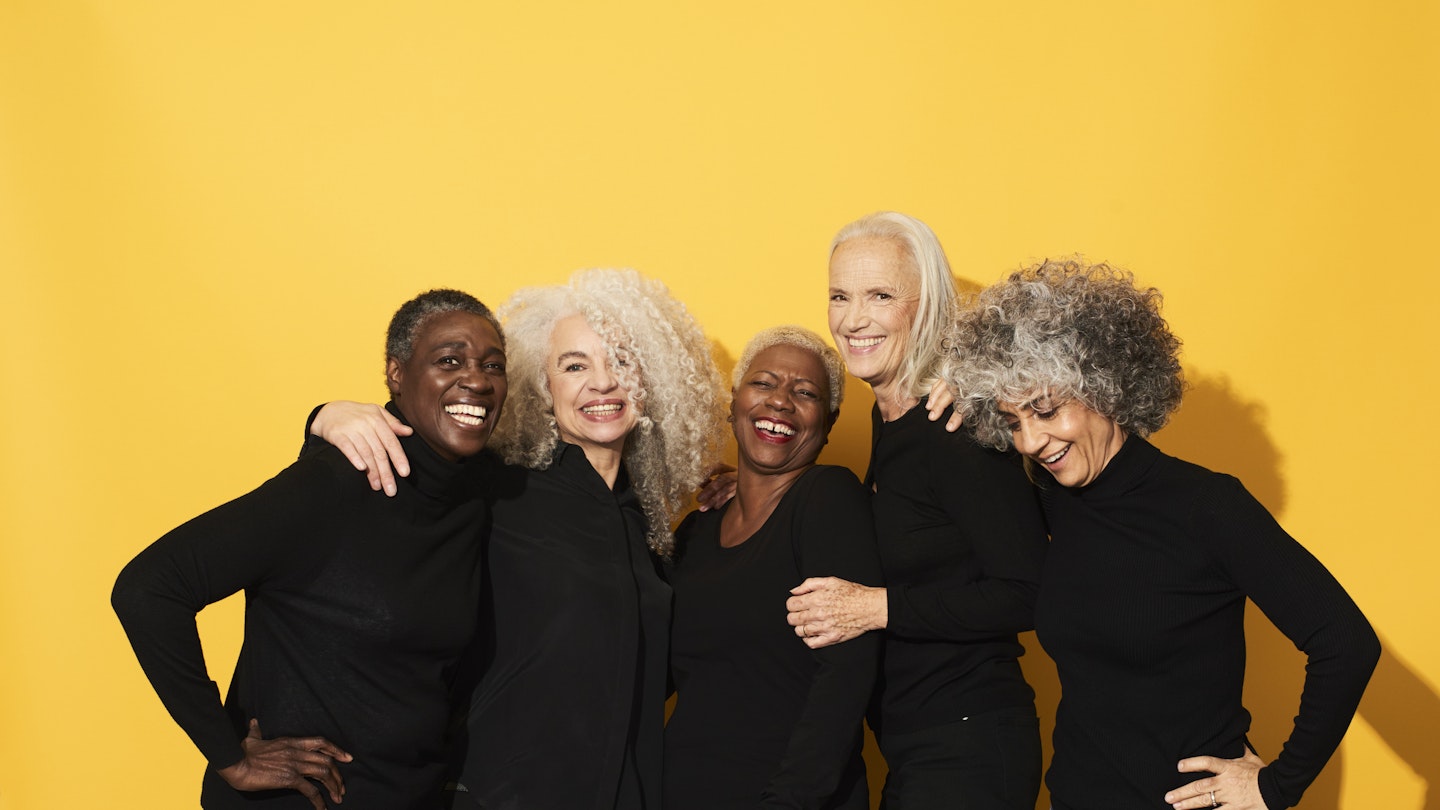Newspapers started writing about Betty Lowe when she was 96 years old, yet still volunteering at a cafe at Salford Royal Hospital, serving coffee, washing dishes, and chatting up patients. Then Betty turned 100 ('Still volunteers at hospital' — the headlines run), then 102 ('Still volunteering'), then 104. Even at 106 Betty Lowe would come work at the cafe once a week, despite her failing eyesight.
Betty Lowe believed that volunteering kept her healthy — and she was probably right. Studies show that volunteering can lower your risk of early death by roughly 22 percent —about as much as eating six or more servings of fruits and vegetables each day. What’s more, volunteers may have 29 percent lower risk of high blood glucose and spend 38 percent fewer nights in hospitals than do people who shy from involve-ment in charities. Volunteering may also be one of the reasons why women live longer than do men.
All across the world women outlive men. Russia tops the charts with 11.6 years of difference between the sexes (the male penchant for vodka certainly plays a role). On the other end of the scale are countries such as Iceland (a 3.0 year gap in favour of women), Sweden (3.4 years), or the UK (3.6 years). For one, scientists now believe that the female-male longevity gap is partly imprinted into our bodies (thank you, estrogen). The second reason may have to do with generally healthier female lifestyles — less gun-shooting, less show-off driving, and more broccoli. Yet there is more. Women may also be more likely to reach their 90s or 100s because they volunteer more than do men and tend to be more empathetic -- all of which have been linked to healthier and longer lives.
Charity donations can translate into lower blood pressure, help you sleep better — and even make your muscles stronger
Take volunteering, for example. One meta-analysis of studies from countries as diverse as Israel, Taiwan, and the US showed that middle-aged and older adults who volunteer have on average 24 percent lower mortality risk than do those who eschew such altruistic engagements. That’s a lot —about the same risk reduction that you may get from following the famed Mediterranean diet. Volunteers also spend less time in hospitals and have lower risk of cardiovascular disease. Charity donations, meanwhile, can translate into lower blood pressure, help you sleep better — and even make your muscles stronger. Simple kindness works, too. In one experiment participants who were assigned to conduct random acts of kindness had their leukocyte genes less tuned toward inflammation — which is a good thing, since chronic inflammation has been linked to such conditions as cancer, heart disease, and diabetes.
The reason why things such as volunteering or kindness boost our health is likely because they turn on our so-called caregiving system — a biological system that has evolved to dampen stress so that we can efficiently care for others who depend on us (like our children). Multiple mechanisms are involved, from the reward areas of the brain to the love hormone, oxytocin and the stress hormone, cortisol.
Women, meanwhile, tend to engage more in volunteering, charity and caregiving than do men. They leave more bequests to charities and are more generous alumni than male graduates. A study on giving in Indiana showed that single women are even 10 percent more likely to be donors than are single men. Women are also nearly 30 percent more inclined to volunteer. Of course, there is nothing biological making men generally less eager to volunteer or part with their money to support, say, endangered species. The reasons are most likely cultural.
Yet in empathy women also seem to outperform men — over 66 percent of the time it will be the woman who will score higher on this particular trait. This difference is already apparent in toddlerhood, with two-year-old girls showing more concern for people in distress than do boys of the same age. And here some biology might be involved. Male foetuses are exposed to higher levels of testosterone during pregnancy, which have been shown to negatively affect empathy in children.
Science so far hasn’t verified how much of female longevity advantage may be due to kindness or volunteering as compared to, say, the fact that we possess an extra chromosome X, which basically means we have a spare copy of every gene in our bodies to replace a defective one in case of need. But certainly being kind and helpful to others can only give your health a boost — irrespective of your gender.
